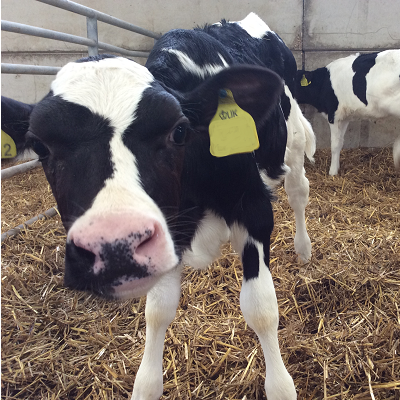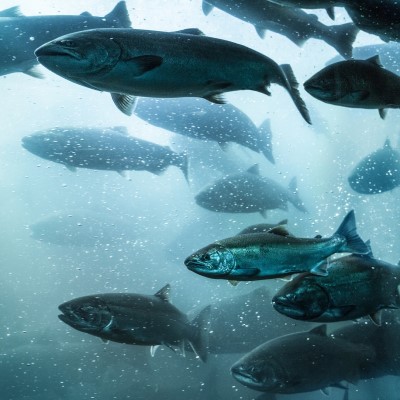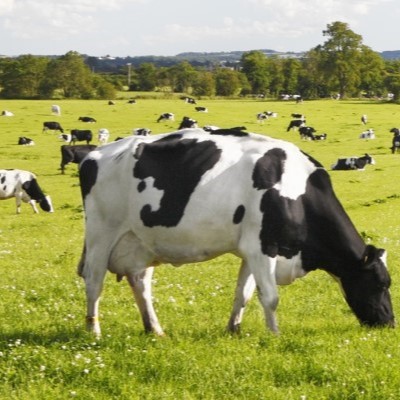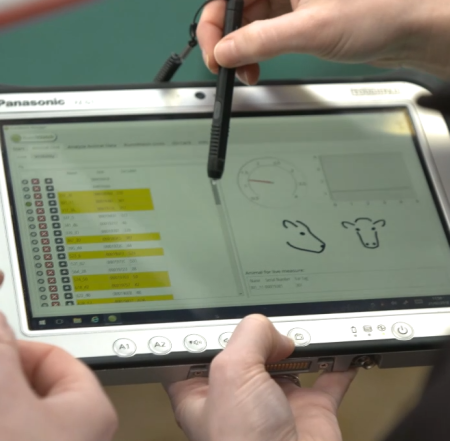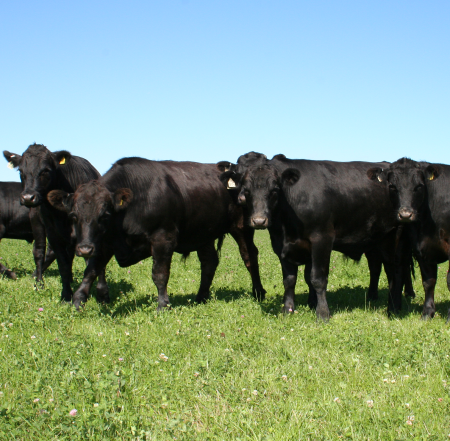CIEL | Case Study: Insect farming to support sustainable poultry production
Genetics | Reproduction | Behaviour | Nutrition | Health & Welfare | Productivity | Food Integrity | Environmental Impact
Challenge
The consumption of poultry meat and eggs is expected to continue to increase considerably and this increases the demand for poultry feed ingredients to support a sustainable intensive production system.
Action
Numerous research studies offer significant evidence that insects have an enormous potential as a feed item for poultry. Chickens are one of the best converters of protein for human consumption and are able to do this from food waste inedible by us, a resource totalling 1.3 billion metric tons each year. They are also enthusiastic consumers of insects.
University of Bristol Vet School is leading an Innovate UK-funded project to examine the feasibility of on-farm production of insect larvae from food waste to be used as a feed component for poultry, and to assess nutritional, health and welfare outcomes in chickens. The research is being undertaken within the £1 million state-of-the art Bristol Poultry Research Farm developed by CIEL and the University of Bristol. The facility offers specialist, industry-focused research capability for both laying hens and broilers.
Impact
The study aims to advance progress towards sustainable livestock production, with an emphasis on animal health and welfare.
Chickens are one of the best converters of protein for human consumption and are able to do this from food waste inedible by us, a resource totalling 1.3 billion metric tons each year.



